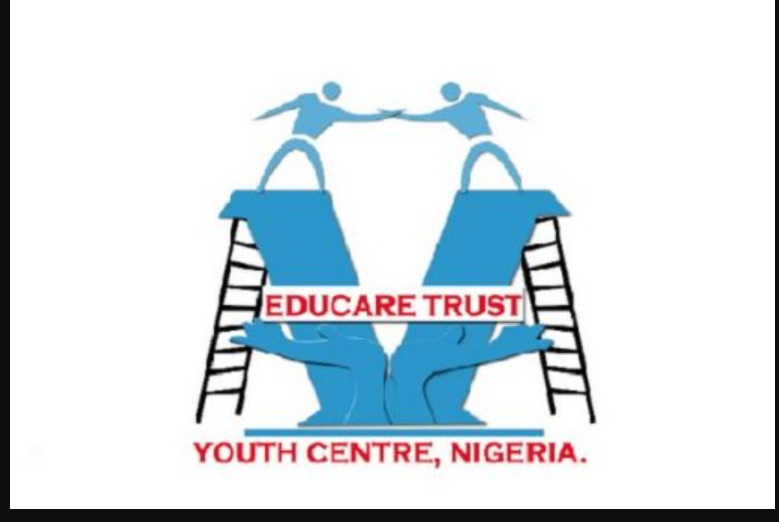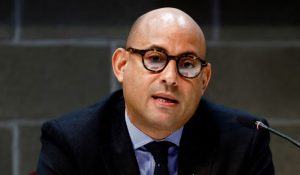
Educare Trust @30: Advocating Youth Centre in Every Ward
Since its inception on October 20, 1994, Educare Trust has made remarkable contributions to youth education and health, despite operating in an underfunded sector. Over the past 30 years, Educare Trust has received support from generous corporate and individual donors who contributed their time, talent, and resources. Reflecting on its journey, Educare Trust asks: How and why did it begin? What lessons were learned, and how has it impacted the community?
Educare Trust was established during the oppressive Abacha regime when youth education and health were in dire need of support. As the political environment became more corrupt, youth empowerment was increasingly neglected. In response, a group of concerned Nigerians came together to form Educare Trust (ET), recognizing that youth education and health were crucial in navigating through the tough times ahead.
Over three decades, Educare Trust has positively impacted millions of young people, both in and out of school. The organization has also extended its reach to the general public by addressing issues such as health, democracy, and social vices like drug abuse and corruption. With its wealth of experience, Educare Trust has gained valuable insights into the challenges youth face and the importance of education in shaping their future.
One of Educare Trust’s significant observations is the need to rethink how Corporate Social Responsibility (CSR) is structured and applied in Nigeria. The organization challenges the notion of CSR being seen as a “generous gift” from corporate entities. Instead, CSR should be viewed as a responsibility that is widely felt and appreciated by Nigerians, particularly in underserved communities. Educare Trust advocates for the devolution of CSR efforts from corporate headquarters to branch offices in towns and villages. By mobilizing their employees as a “CSR Army,” companies can domesticate their CSR initiatives, bringing tangible benefits to grassroots communities. For instance, employees could distribute educational materials, such as books and sports equipment, to needy youth in their neighborhoods, making CSR efforts more personal and impactful.
With over 10 million out-of-school children in Nigeria, Corporate Nigeria must do more to address the educational needs of these youth. Educare Trust recommends that companies allocate 1% of their pre-tax profits to CSR initiatives, focusing on meaningful contributions like providing books, scholarships, or sports equipment to children rather than spending on superficial advertising campaigns. The organization also proposes a 10% CSR surcharge on billboards and outdoor advertising to generate additional funds for youth development.
In 1998, Educare Trust established the Educare Trust Youth Exhibition Centre (ETEC) to provide a safe space where children, both in and out of school, could engage in educational and creative activities. This centre offered access to computers, stages for performances, and educational resources. The smiles on the faces of the children who returned again and again to learn new skills and showcase their talents were clear indicators of the centre’s effectiveness.
Educare Trust emphasizes the need for youth centres across Nigeria. To ensure accessibility, the organization proposes establishing one youth centre per ward, similar to the one primary health centre per ward model. Youth centres can play a pivotal role in guiding and empowering young people by providing educational and recreational resources.
Additionally, Educare Trust advocates for the revival of the Common Activity Period (CAP) in secondary schools, which promotes co-curricular activities. By making CAP more competitive and rewarding, schools can encourage creativity and engagement among students. Moreover, Educare Trust calls for the formation of Primary School Old Students Associations to emulate the success of Secondary School Old Students Associations, further strengthening community involvement in education.
In its 30 years of existence, Educare Trust has demonstrated that investing in youth education and health is essential for national development. As the organization continues its journey, it remains committed to advocating for policies and initiatives that will empower Nigerian youth to reach their full potential.









